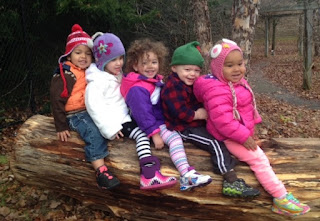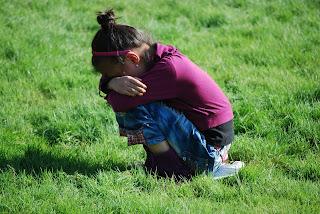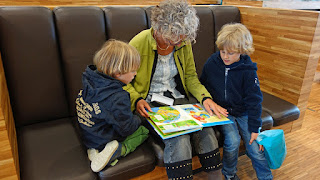Does your child bite?
Have you struggled to come up with a solution?
Is your child getting into trouble at school as a result?
Biting is very common among toddlers, so don’t worry (at
least not too much)! It can be frustrating for any parent asking hard questions
like: Should I discipline my child? Laugh it off and say “they’re just playing”?
It’s a hard choice to make for any parent. To prevent your child from biting, it’s
helpful to understand why they’re doing it.
According to NAEYC (National Association for the Education
of Young Children), children bite for a number of reasons including:
- Relieve pain from teething.
- Explore cause and effect
(“What happens when I bite?”).
- Experience the sensation of
biting.
- Satisfy a need for oral-motor
stimulation.
- Imitate other children and
adults.
- Feel strong and in control.
- Get attention.
- Act in self-defense.
- Communicate needs and desires,
such as hunger or fatigue.
- Communicate or express
difficult feelings, such as frustration, anger, confusion, or fear (“There are
too many people here and I feel cramped”).
It’s important to be able to spot your child feelings
before the situation arises so you’ll be well prepared to handle the situation.
NAEYC suggests there are plenty of things parents can do to
prevent biting, including:
- Have age-appropriate
expectations for your child’s behavior based on his or her current skills and
abilities.
- Make sure your child’s
schedule, routines, and transitions are predictable and consistent.
- Offer activities and materials
that allow your child to relax and release tension.
- Use positive guidance
strategies to help your child develop self-control.
- Provide items to bite, such as
teething rings or clean, wet, cold washcloths stored in the refrigerator. This
helps children learn what they can bite safely, without hurting anyone else.
Give these recommendations a try.
Your child will take your lead. Set a good example and teach them proper
manners. Biting hurts. For example, tell your child how the other child is
feeling: “Look, Timmy’s crying because you hurt him.” Keep it simple, so your
child will understand.
If you decide to try some of these
things with your child, we’d like to know how it works for you. In addition,
are there any other alternatives that already work for you that you’d like to
suggest to other parents? Please let us know in the comments! At Little Angels Preschool in Ypsilanti serving Saline, Ann Arbor, Milan, and the surrounding areas, we’re dedicated to
our students’ health and well-being.











